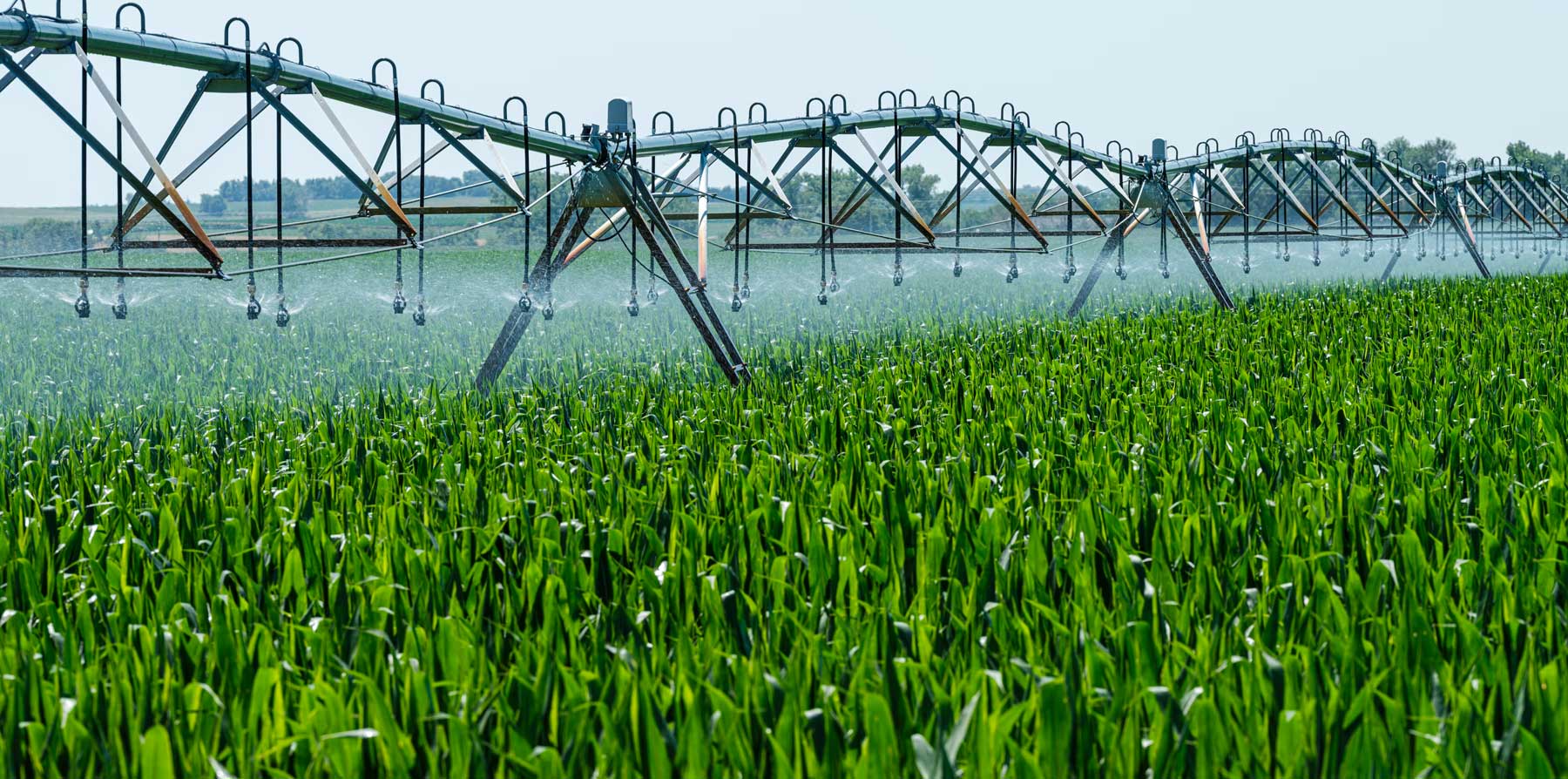Which industries use the most water and why?
WEDNESDAY 20th MARCH 2024

How much water is your business using, and how much could you save?
Different industries use water in different ways. From hospitality to healthcare, every industry needs water, but they ways in which they use it can vary greatly. This is important because understanding how different businesses and organisations make use of their water supply is essential in reducing water use, stopping water waste, and promoting a more sustainable future for all organisations.
So which industries are using the most water, and what can they do to reduce their water use and save on key costs going forward? We’ve got all the information you need.
Agriculture: the thirstiest industry
Agriculture is by far the largest consumer of water worldwide, and the UK is no exception. This industry uses water for irrigation, livestock, and aquaculture. According to the UK government, agriculture accounts for a significant portion of freshwater withdrawals. Efficient irrigation systems and water management practices are vital for reducing water consumption in this sector. For instance, drip irrigation can drastically reduce water usage compared to traditional flood irrigation methods.
Manufacturing: high volume, high impact
The manufacturing sector, including food, chemical, and metal industries, is another major user of water. These industries require water for cooling, processing, and cleaning products. The Environment Agency notes that manufacturing industries can improve water efficiency by recycling water, fixing leaks promptly, and upgrading to water-efficient equipment. Implementing these measures not only reduces water use but also minimises wastewater production.
Energy production: powering up with water
Water is crucial for energy production, especially in thermal power plants and hydraulic fracturing for oil and gas. Cooling systems in power plants are one of the primary uses of water in this sector. The use of closed-loop cooling systems, which recirculate water, can significantly reduce water withdrawals.
On top of this, renewable energy sources such as wind and solar power have minimal water footprints and represent a sustainable alternative to traditional water-intensive energy production methods.
Public supply: water for all
The public supply, which includes water for domestic use, public services, and small businesses, is a significant consumer of water. While individual usage might be lower compared to industrial applications, the cumulative effect is substantial. Water-saving appliances, fixing leaks, and public awareness campaigns can effectively reduce water usage in this sector.
Hospitality and healthcare: essential but impactful
The hospitality industry, including hotels and restaurants, and the healthcare sector, including hospitals and care homes, also consume considerable amounts of water. These industries use water for sanitation, cleaning, and catering. Water efficiency can be improved through the use of water-efficient fixtures, regular maintenance to prevent leaks, and encouraging conservation practices among staff and clients.
Construction: building on water
The construction industry, often overlooked in discussions about water use, also accounts for a significant portion of water consumption. Water is used extensively in construction for mixing materials (such as concrete), dust control, and landscaping. Additionally, large quantities of water are required for cooling equipment and cleaning construction sites.
Recycling of water, especially for tasks such as concrete mixing and site cleaning, can significantly reduce water use. Adopting sustainable construction techniques, such as rainwater harvesting and the use of water-efficient landscaping, can further reduce the industry's water footprint. The UK Green Building Council provides guidelines and resources for incorporating water-saving measures into construction projects, highlighting the industry's role in promoting environmental sustainability.
Get in touch with Everflow today
Finding the right water for business isn’t easy. If you’re looking for a sustainable water supply for your business, get in touch with Everflow today to find out how we can support your organisation.